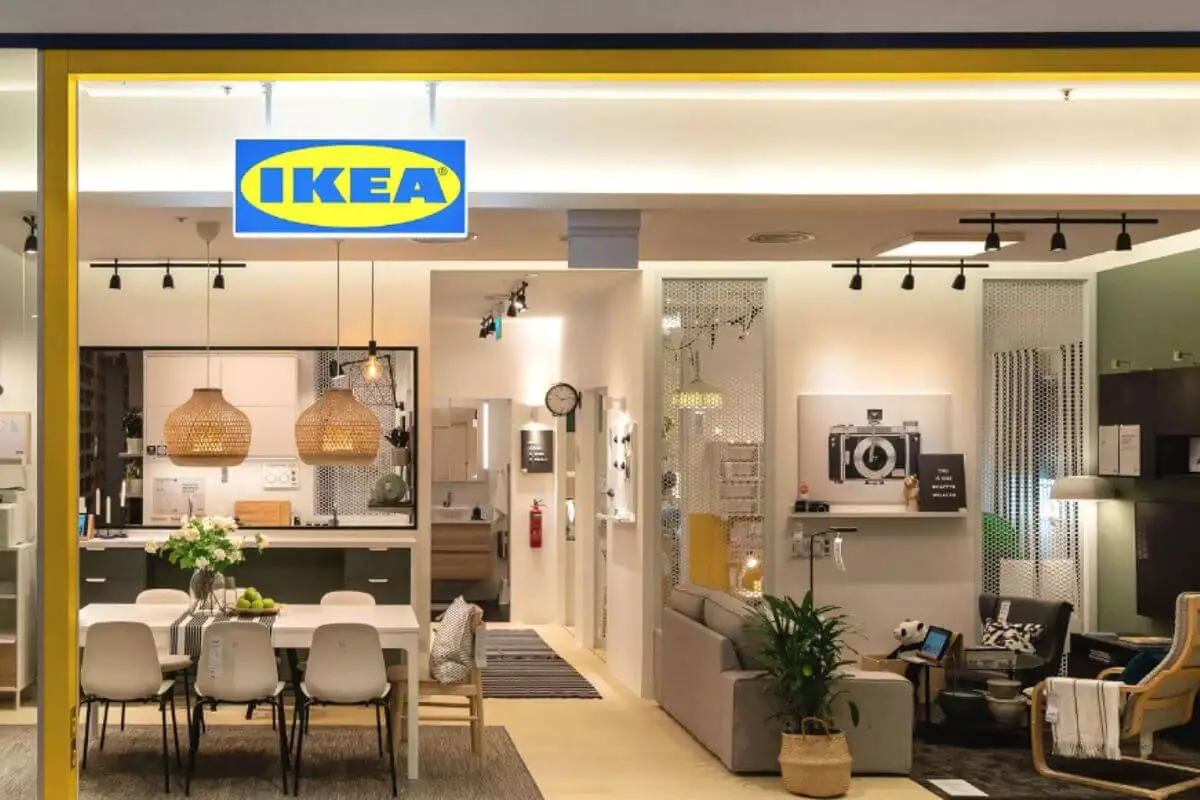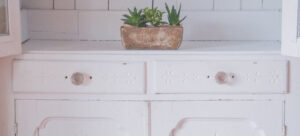Introduction
In the realm of home organization, two brands stand out for their innovative storage solutions: Elfa and IKEA. As homeowners seek functional and aesthetically pleasing ways to declutter their spaces, the competition between these brands has intensified. In this article, we’ll conduct an in-depth analysis of Elfa and IKEA, comparing their products, design approaches, pricing, and more, to help you make an informed decision for your home.
Elfa: A Premium Storage Solution
Elfa is renowned for its premium storage systems that combine functionality with elegance. These solutions are highly customizable, allowing users to design their storage according to their specific needs. The brand’s shelves, drawers, and accessories are crafted from high-quality materials, ensuring long-lasting durability. Customers praise Elfa for its sleek and sophisticated design that seamlessly integrates with any decor.
IKEA: Affordable and Functional Organization
On the other hand, IKEA has built its reputation on affordable and practical home organization solutions. IKEA’s wide range of storage products caters to various budgets and spatial requirements. Customers appreciate the simplicity of IKEA’s designs, which prioritize usability and accessibility. IKEA’s products are often easy to assemble, making them a popular choice for DIY enthusiasts.
Elfa vs. IKEA: Design and Aesthetics
When comparing the design and aesthetics of Elfa and IKEA products, it’s essential to consider personal preferences. Elfa’s products exude a luxurious appeal, with sleek lines and modern finishes. In contrast, IKEA focuses on a minimalist Scandinavian design that emphasizes clean lines and functionality. Both brands have dedicated followings, but the choice ultimately depends on the individual’s taste and home decor style.

Material Quality and Durability
The materials used in Elfa and IKEA products play a crucial role in their overall performance. Elfa’s use of premium materials results in sturdy and long-lasting storage solutions. IKEA, known for its cost-effectiveness, employs a mix of materials, and while some products may be less robust, they still provide adequate functionality. It’s essential to assess your specific needs and usage patterns to determine which brand’s materials align better with your expectations.
Pricing and Budget Considerations
Elfa’s premium quality comes at a price, and their products are generally more expensive than IKEA’s offerings. However, the added cost reflects the brand’s commitment to design, durability, and customization. On the other hand, IKEA remains the go-to choice for budget-conscious consumers seeking reasonable yet reliable storage options. Consider your budget and the value you place on design and customization before making a decision.
Ease of Installation and Assembly
The ease of installation can significantly impact your overall experience with a storage solution. Elfa’s systems may require professional installation for optimal results, but they often come with thorough instructions for DIY assembly. In contrast, IKEA’s products are designed with self-assembly in mind, making them accessible to most users. If you’re confident in your DIY skills, IKEA’s user-friendly assembly might be a key selling point.
Storage Solutions for Different Spaces
Both Elfa and IKEA offer a diverse range of storage solutions suitable for various rooms and spaces. Elfa’s customizable options make it particularly effective for organizing closets and small spaces. On the other hand, IKEA excels in providing versatile and affordable storage solutions for larger areas, such as living rooms and kitchens. Assess the specific needs of each room before selecting the appropriate brand.
Customer Support and Warranty
When investing in home organization solutions, excellent customer support and warranty policies are crucial considerations. Elfa is known for its attentive customer service and generous warranty coverage. Similarly, IKEA offers reliable customer support and warranty protection for most of its products. To ensure peace of mind, read reviews and inquire about the after-sales services offered by both brands.
Sustainability and Environmental Impact
For environmentally conscious consumers, the sustainability of products plays a significant role in their decision-making process. Elfa emphasizes eco-friendly practices, such as using renewable materials and promoting recycling initiatives. IKEA also strives to reduce its environmental footprint and has made significant progress in offering sustainable product lines. Consider the environmental impact of your choice to align with your values.
Conclusion
In conclusion, both Elfa and IKEA are prominent players in the home organization market, each offering distinct advantages. Elfa’s premium quality and customization appeal to those seeking luxurious and tailored solutions. On the other hand, IKEA’s affordability and practicality make it a favorite among budget-conscious customers. To choose between the two, consider your budget, design preferences, installation capabilities, and environmental concerns.
Remember, the best storage solution is one that perfectly complements your lifestyle and meets your specific needs. Whichever brand you choose, invest time in planning and organizing your spaces thoughtfully, and the results will undoubtedly enhance your daily life.
FAQs After The Conclusion
Can I mix and match Elfa and IKEA products in my home?
Yes, you can integrate both brands’ products to create a unique and functional space that suits your requirements.
Are Elfa products worth the higher price?
Elfa’s premium quality and customization options make them worth the investment for those seeking long-lasting and personalized storage solutions.
Is IKEA’s assembly really easy for beginners?
Yes, IKEA’s products are designed with user-friendly assembly in mind, making them accessible to DIY beginners.
Which brand offers better options for organizing small spaces?
Elfa’s customizable systems are particularly effective for organizing compact spaces like closets and small rooms.
Are Elfa and IKEA committed to sustainable practices?
Both brands have made efforts to promote sustainability, with Elfa emphasizing renewable materials and IKEA offering eco-friendly product lines.



